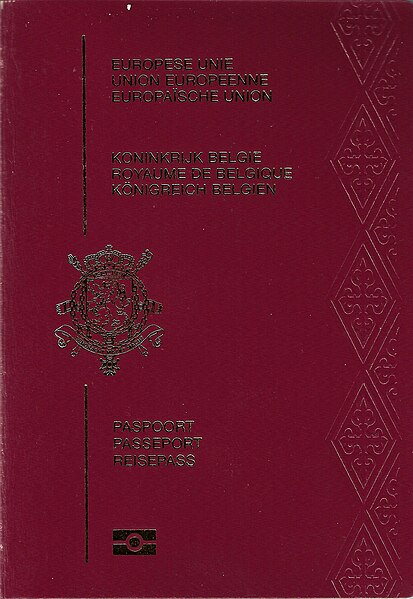
In a notable development, nearly 55,000 foreigners obtained Belgian citizenship in 2023, marking the highest figure in two decades, primarily following an integration process.
This surge surpasses the numbers seen since the early 2000s, when the implementation of the "fast-track Belgian law" led to a notable spike in naturalizations, as reported by De Tijd on Wednesday.
Preliminary data from the statistics agency Statbel reveals that over 54,800 individuals were granted Belgian nationality in 2023, marking a remarkable increase of more than 13% compared to the previous year. This trend continues for the third consecutive year, indicating a significant rise in the acquisition of Belgian citizenship.
Among the new Belgians, approximately 14,340 originated from other EU countries, while the remainder, totaling 40,473, hailed from European nations outside the EU or other continents. Notably, Morocco led the pack with over 5,250 individuals, followed closely by Syria with 3,711, and Romania with 3,440. Afghanistan, Italy, Turkey, Poland, Iraq, Congo, and the Netherlands round out the top ten countries of origin for new Belgians in 2023.
The increase in citizenship grants coincides with the enforcement of stricter requirements for social and economic integration, replacing the previously enacted "fast-track Belgian law." These regulations now mandate proof of language proficiency and a minimum of five years of legal residence. The recent upsurge suggests that a growing number of newcomers fulfill these criteria following an integration trajectory.
The notable rise in naturalizations in recent years can be attributed in part to the significant influx of refugees and migrants in 2015 and 2016, with many individuals now completing the requisite integration period. Additionally, migration from the European Union's newest member states has contributed substantially, with a more pronounced increase (+17%) among individuals previously holding EU nationality. Photo by Eurokid238, Wikimedia commons.



































